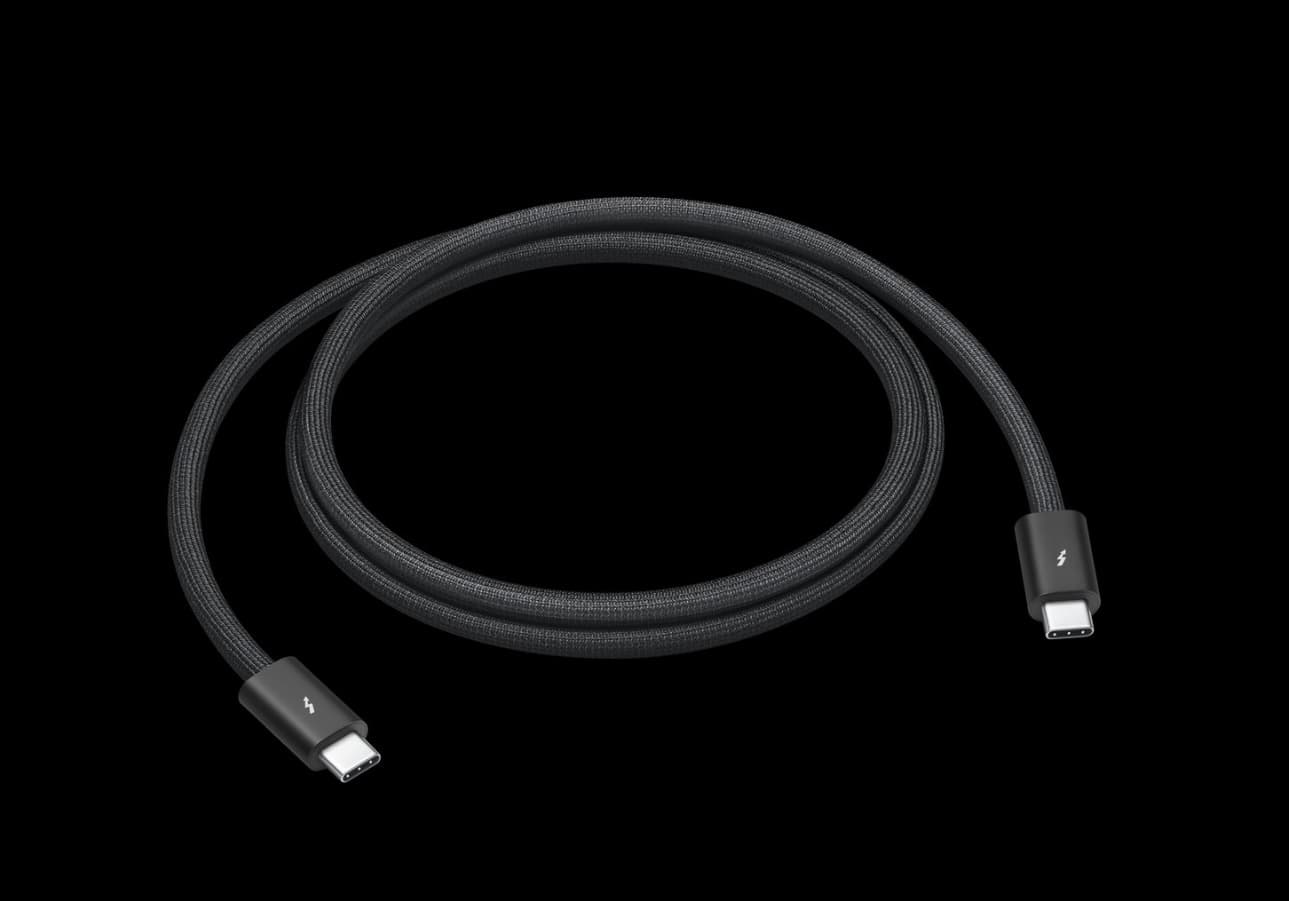You might’ve heard by now that the new iPhone 15 & 15 Pro series handsets are now equipped with USB-C ports instead of Lightning, and Apple has even released a new adapter that can convert new iPhones back to the Lightning port for those unready to invest in new accessories.

But one important detail that many missed is that the iPhone 15 Pro and 15 Pro Max models will come out of the box with support for USB 3.2 Gen 1 with maximum data transfer speeds of up to 10Gb/s while the iPhone 15 and iPhone 15 Plus would only support USB 2.0 speeds of up to 480Mb/s.
Another important note here is that all iPhone 15 & 15 Pro series handsets, regardless of supported transfer speeds, will ship with a slower USB 2.0-based USB-C cable in the box.
At the keynote, Apple said that users can use an “optional” USB 3.2 Gen 1 cable if they want to take advantage of the higher data speeds, and while users can certainly use their own high-speed USB-C cables, this also means that Apple is likely to provide first-party USB-C cables with higher throughput capabilities in what can only be described as a cash grab.
It’s worth noting that Apple currently sells very nice first-party Thunderbolt 4 cables for as little as $69, and while the iPhone 15 Pro & 15 Pro Max don’t support Thunderbolt 4 data transfer speeds, all modern Thunderbolt cables are backwards compatible to work with USB-C and can therefore handle the 10Gb/s bandwidth capabilities of these handsets.
The USB 3.2 Gen 1 transfer speeds will be useful to anyone who uses mass storage devices and wants to quickly offload photos or videos or import them for editing in iPhone software. This is something that I personally do a lot on my iPad Pro, but will now begin taking advantage of on my new iPhone when I get it.
What are your thoughts about Apple only including USB 2.0 cables in the box, even for USB 3.2 Gen 1-capable USB-C devices? Let us know in the comments section down below.